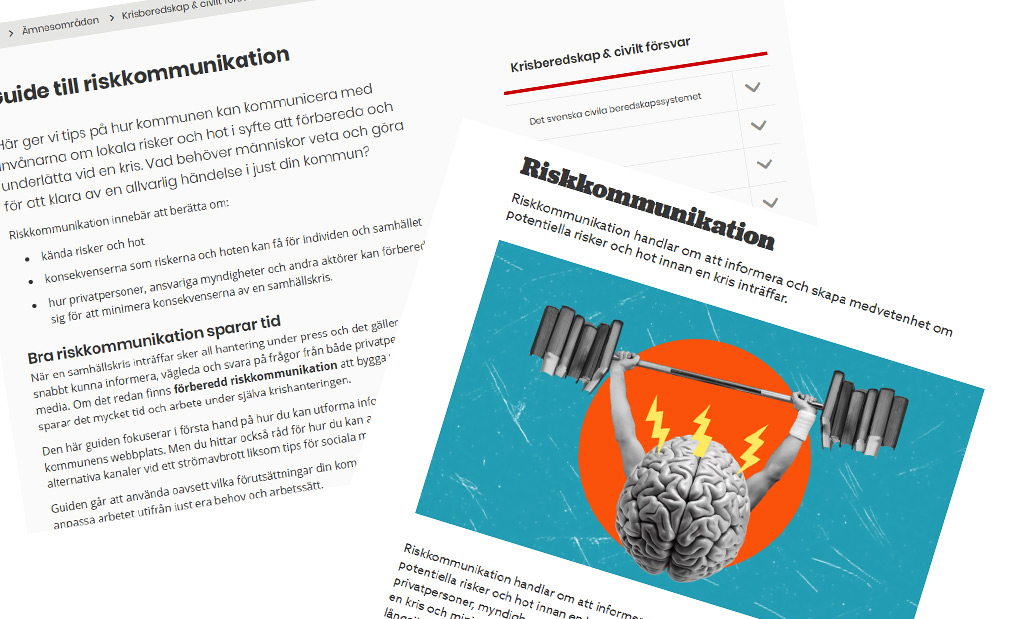Getting knowledge through the multinational enterprise
The Master thesis by Patrick Christof Raszka and Benjamin Rinkenauer investigates how multinational enterprises can share knowledge across local subsidiaries and extend prior research by highlighting the role of middle management in knowledge sharing across local subsidiaries. Their findings point out 17 factors that middle managers deem important for knowledge sharing. It underlines that knowledge sharing among international subsidiaries is complicated and cannot be solved by initiatives that focus on a single factor, as often assumed and found in practices. Instead, they suggest that management would benefit from a holistic perspective on knowledge sharing across local subsidiaries in multinational enterprises. The thesis makes an important contribution to the international business literature.
The difficulties of knowledge sharing
A common problem of multinational enterprises is that some knowledge remains bound to local subsidiaries and therefore cannot be exploited on a larger scale. Sometimes this can result in misunderstandings or mismatches of working processes. For that reason, middle managers usually are responsible for connecting the subsidiary and the rest of the organisation. But placing a middle manager in a subsidiary does not automatically enhance knowledge sharing, for example due to language difficulties, misalignment of goals or mistrust between the middle manager and the headquarters.
The goal of our research was to better understand the factors that influence knowledge transfer and exploitation between subsidiaries and corporate headquarters from the perspective of middle managers. We interviewed eight middle managers from various European countries who shared with us their experiences, opinions, and perspectives on enhancing and hindering factors in knowledge transfer and exploitation. The headquarters were in Germany, Finland, France, and the USA, and belong to different industries, for example logistics, machinery, and retail.
Key factors for knowledge sharing in a multinational enterprise
We found that it is not one factor that hinders knowledge flow but identified 17 interconnected factors which influence the knowledge flow inside a company. They range from personal goals up to the company culture. Therefore, middle managers and companies need to be aware that it is not enough to change one factor to enhance knowledge sharing, especially as the 17 factors influence each other, but that they need a holistic view on the factors if they want to increase the knowledge exploitation inside the organisation. For example, aligning the personal goals of the middle manager with the organisational goals enhances the knowledge flow, but if the middle manager is overloaded with work and has no time to share its knowledge, the subsidiary knowledge will still stay local. All 17 factors, clustered into 4 groups for an easier illustration of influences, can be seen below.

For the headquarters is important to know that they are setting the overall frame of the middle managers’ knowledge exploitation activities due to their impact on the middle managers’ networks, their relationships and the individual middle manager itself. If the headquarter sets an improper frame, middle managers will be hesitant to share their knowledge with the rest of the organisation. On the other hand, the middle managers should be aware that although they cannot change the whole organisation, their impact on their relationships and networks can as well enhance or hinder knowledge sharing and exploitation in the company.
Which knowledge sharing factors have you already experienced in your organisation?
Detta är en bloggtext. Det är skribenten som står för åsikterna som förs fram i texten, inte Jönköping University.





